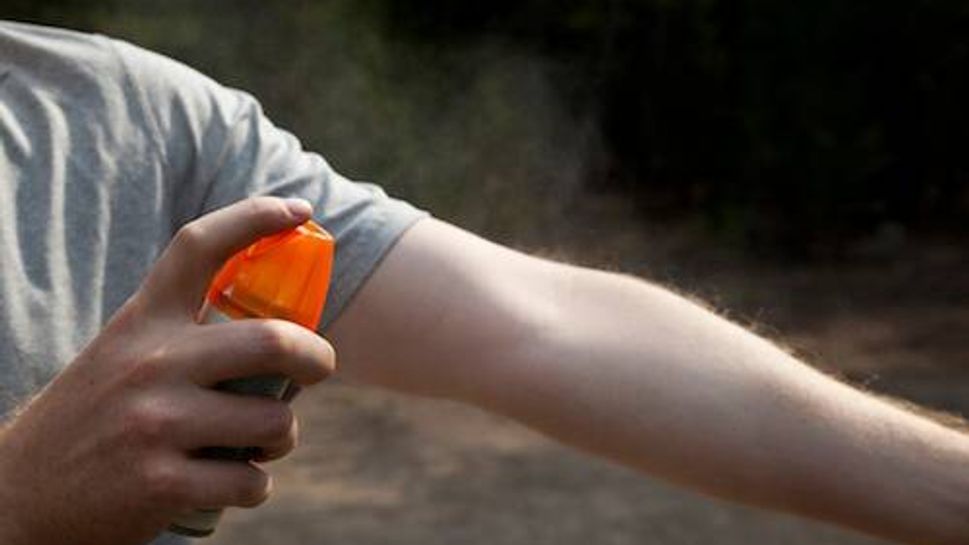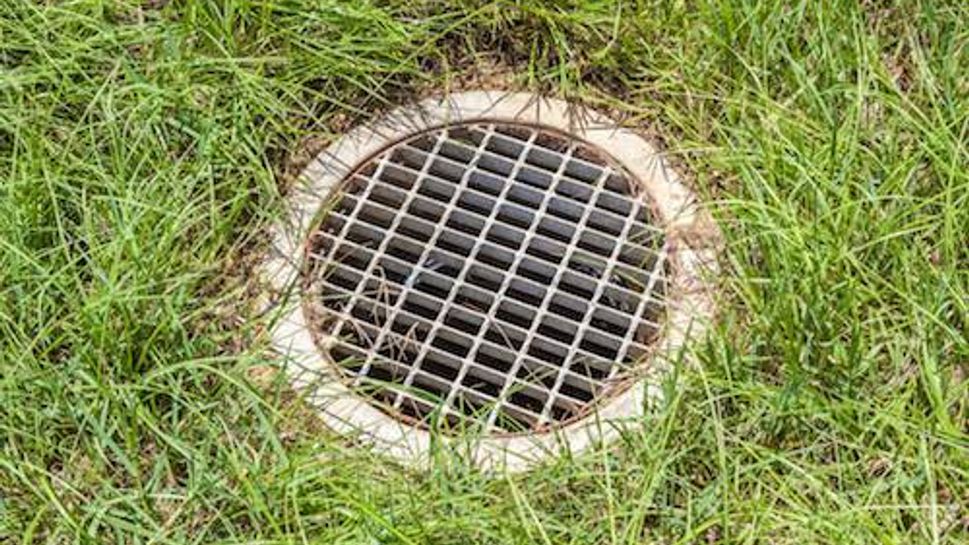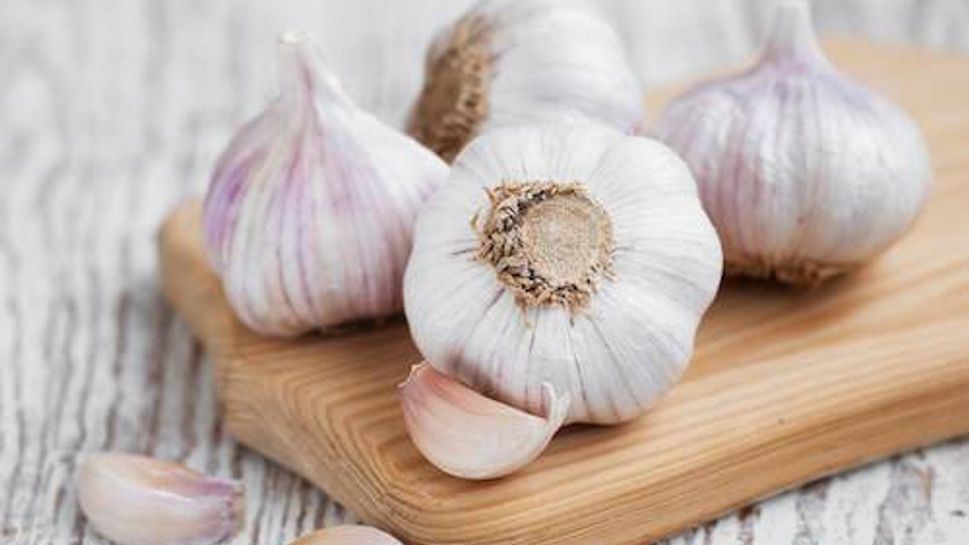5 Tips for Repelling Mosquitoes
Stay itch-free all summer long, plus 3 myths about the pesky insects
(This article previously appeared on Grandparents.com.)
Some people are just plain unlucky in the mosquito bite department. While some species of mosquitoes, like Culex, are attracted to the carbon dioxide all humans exhale, other species have a special attraction for certain people’s sweat and body odor — and that’s determined by a roll of the genetic dice.
“Body odors are emitted because of bacteria that are digesting the oils on your skin,” says Joe Conlon, technical adviser to the American Mosquito Control Association and former Navy entomologist for 20 years. “Some odors are particularly attractive to mosquitoes; it’s genetically based.”
Another factor that affects your bite risk: skin color. “It tends to be worse for people with pale skin,” Conlon says. You also may have heard that people with O-positive blood are more susceptible to mosquito bites. Untrue, he says. “Once they land and start probing your skin, they won’t give a darn about your blood type,” Conlon notes.
If you’re prone to mosquito bites, Conlon offers these proven strategies in the slideshow below for reducing your chances of being some mosquito’s next meal:
1 of 8

Tip No. 1: Stay inside at dawn and dusk
Once the ambient outdoor temperature reaches 55 degrees, mosquitoes are generally out. “The preponderance tend to be more active an hour after dusk and an hour before dawn,” says Conlon. “But if you’re out in the woods, you’ll get chewed up even at midnight. The worst types breed in salt marshes — they will feed on you at any time.”

Tip No. 2: Use an EPA-registered repellent
If you’re going to spend time outside during mosquito season, it’s best to arm up properly with a product that’s labeled as an “EPA-registered repellent,” which includes DEET. “Being EPA-registered says two things: 1. that the repellent is not harmful if used properly and 2. it guarantees at least two hours of protection,” says Conlon. “DEET products are still the gold standard,” says Conlon. “The new formulations don’t smell anymore or have a yucky feel. Make sure to get 25-30 percent concentration — anything over that is wasted — and you’ll have a solid four to eight hours of protection.”

Tip No. 3: Drain all the water on your property
Mosquitoes need just five days to breed a new generation in standing water. So one of the best defenses you have is to eliminate all standing water from around your home. You may even want to talk to your neighbors about draining water from their property, since the air we breathe out can draw mosquitoes from up to 35 meters away, according to the American Mosquito Control Association.

Tip No 4: Loose clothing helps
Wearing loose-fitting clothing that covers your limbs is key. “Mosquitoes can and will bite through tight-fitting clothing,” says Conlon. “If you do wear tight clothing, make sure it has a tight weave.” He also advises wearing light colors, because certain types of mosquitoes can see dark colors more easily.

Tip No. 5: Move less and be smaller
Keep calm, and you’ll carry on with fewer bites. “People who are fidgety are more attractive to mosquitoes,” says Conlon. “Also, larger people are more attractive, which may be because they produce more carbon dioxide and more odors than smaller people.”

Myth No. 1: Candles can protect you
Citronella candles are a summer staple. But beware: Citronella candles lose their repelling power if it’s windy out — ditto for clip-on diffuser repellents. “If you use them outside, make sure there’s no breeze — it will blow the concentration right off you,” says Conlon. “Clip-ons work in a closed space, but when you get them out into the environment, wind and humidity will lower their effectiveness.”

Myth No. 2: Growing certain plants can repel mosquitoes
You may have heard that plants including lemon balm, catnip, marigolds, basil, lavender and geranium are nature’s answer to mosquito control, but Conlon says no garden plant will keep mosquitoes away. “There are plants that contain oils that will repel for 10 minutes if you crush them, but the actual plants are not effective — there are too many environmental factors that affect its repellency,” he says.

Myth No. 3: Natural repellents work just as well
Be wary of repellents featuring these natural ingredients — Conlon had this to say about them:
Garlic: useless. Crushed garlic oils are only effective for about 20 minutes.
Essential oil of cloves has some repellant properties, but it only works at 15 percent concentration, which would burn a hole in your clothes. It’s extremely acidic.
B1 supplements don’t work — they’ve been tested with dogs and humans to no success.
Bananas: Some people say eating them repels mosquitoes, but the USDA says that’s nonsense.
Grandparents.com is a lifestyle website, social media community & peer group that unites & connects America's 70 million Grandparents to the best information and premier products & services just for them. Our goal is to promote well-being and give timely information on what really matters to you, from health and money to family and relationships to travel and retirement.

